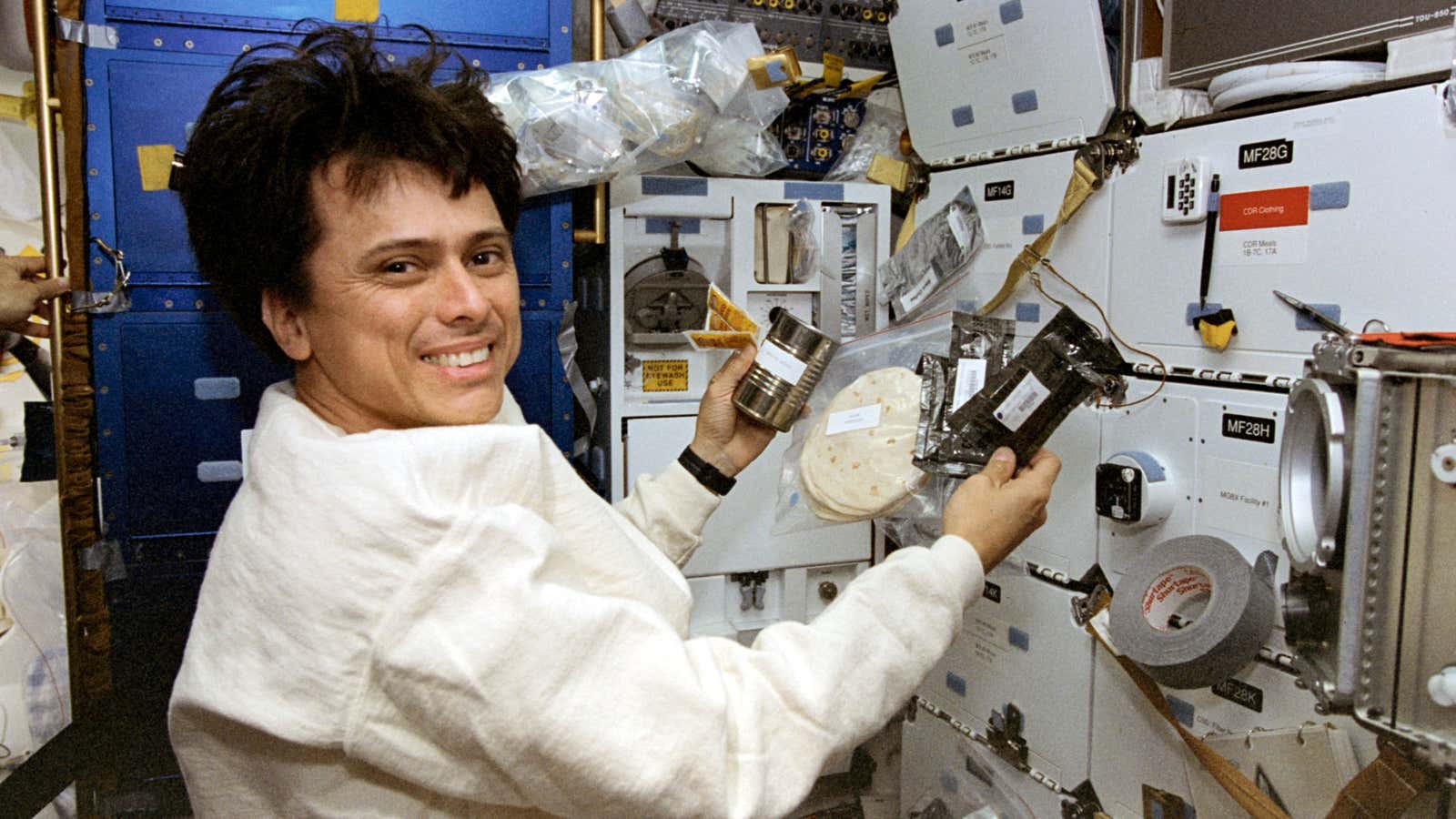Carlos Alvarado Quesada was elected president of Costa Rica in 2018, putting efforts to decarbonize his country’s economy at the center of his administration—but his concern for the environment also extends to orbit.
When Alvarado was five years old, he recalls watching the first Costa Rican astronaut, Franklin Chang Diaz (pdf), speak to the then-president of Costa Rica on a call from orbit in the Space Shuttle Columbia. That moment of international space diplomacy led to this week’s announcement that Costa Rica has been chosen to host a space radar by the company LeoLabs.
International cooperation in space is often seen as a government-to-government operation, with disparate space agencies uniting to accomplish a major goal, like building a football-field-sized orbital laboratory. Chang, who immigrated to the US as a child and earned a Ph.D. at MIT, saw this close up as he flew seven times on the Space Shuttle before the end of his career as a NASA astronaut.
In his post-NASA career, Chang founded a company, Ad Astra, to provide engineering services and help develop the space sector in Costa Rica. Meanwhile, LeoLabs was spun out of the Silicon Valley research lab SRI to build a network of space radars that could effectively track even tiny debris in low-earth orbit. Its founders saw opportunity in helping the burgeoning LEO satellite industry avoid destructive collisions that, in a worst case scenario, could render the environment around our planet unusable.
To do its job, LeoLabs needs to build radar stations across the globe. Its first sites were in Alaska and Texas, and the third was in New Zealand, another nation now enthusiastically taking on space technology challenges. When Chang learned that LeoLabs was on the hunt for a site near the equator for its next radar, he was able to connect his country and the company.
“It’s not that often that the public sector in Costa Rica gets a request to develop this kind of radar technology,” Alvarado says. “We are trying to strengthen our cluster of space technologies in the country. It is so exciting to be part of this network of radars developed by LeoLabs that are going to allow humanity to chart an area we have been contaminating in the past years.”
It’s not unusual for satellite companies to set up ground stations in far-flung locales, given the physics of creating a global network. But the growing importance of space infrastructure to the economy will only increase this kind of foreign investment, and hopefully offer a platform for economic development.
“Costa Rica is working a lot in narrowing the gap with technology and science and data for better decision-making,” the country’s environment and energy minister, Carlos Manuel Rodríguez, explains. When it comes to decarbonization, much useful data comes from space sensors, whether that is monitoring deforestation, methane leaks, or climate change on a global level. As those tools become more important, so too will protecting the environment where they operate—and that, in effect, is what LeoLabs will be doing in Costa Rica.
This story was originally published in Quartz’s Space Business newsletter.
